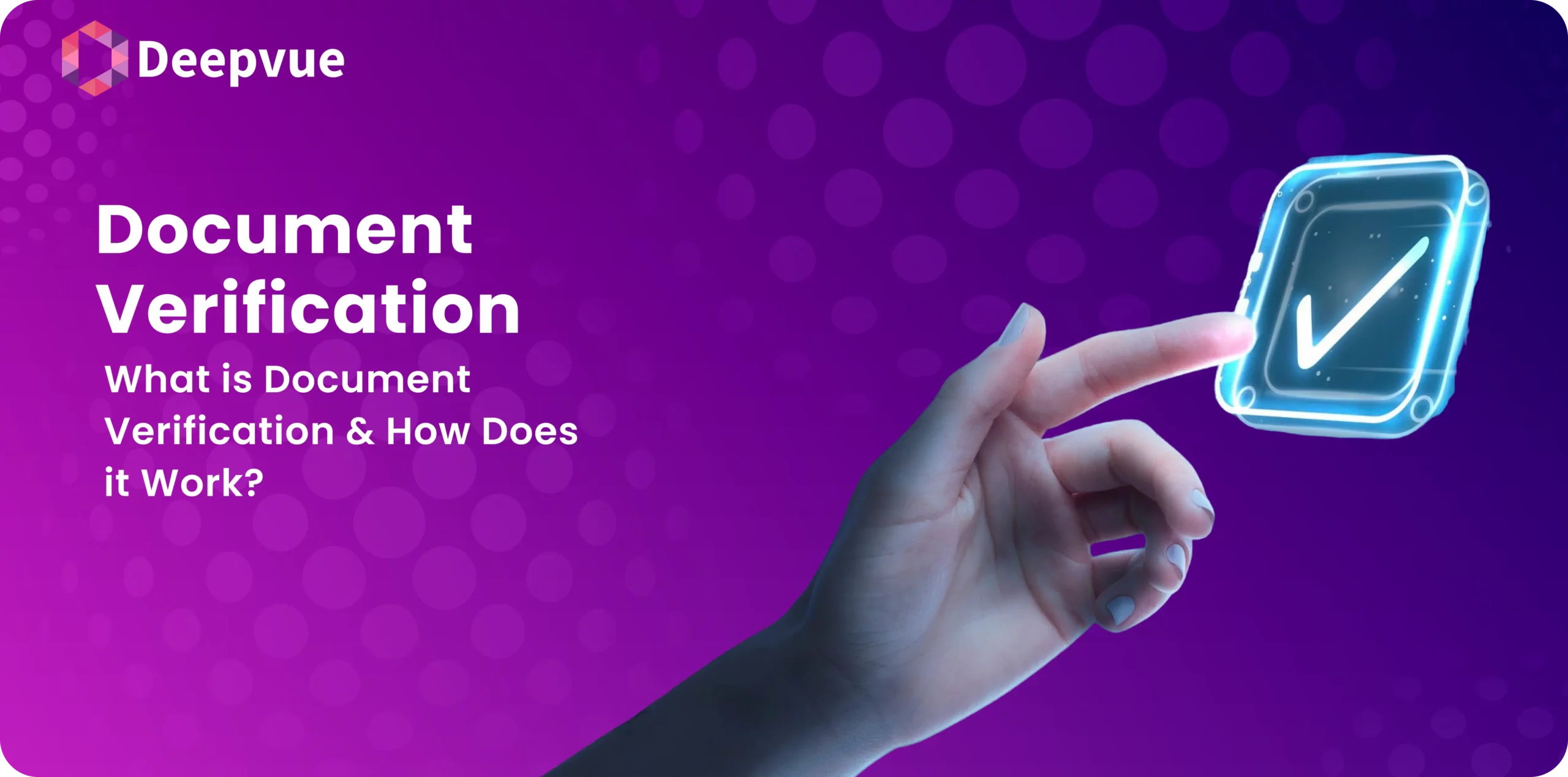The idea of sharing data in the financial industry has seen a significant revolution with the introduction of the Reserve Bank of India (RBI) regulated Account Aggregator (AA) framework in India. This framework aims to give the control of people’s financial information back to the individuals, enabling them to share this data securely and with their complete consent. At the heart of this system lies a very important digital artifact called the AA Consent Object.
What is the AA Consent Object?
The AA Consent Object is a data structure object that has been digitally signed and records a user’s consent for sharing data in the Account Aggregator ecosystem. It comes into existence when a user provides consent to an Account Aggregator to fetch their financial data from Financial Information Providers (FIPs) and allow Financial Information Users (FIUs) like banks, NBFCs, insurers, or personal finance apps to have access to it.
This object provides granular specifications regarding what information can be disclosed, to whom, for what reason, and for how long. It aims to facilitate data minimization, purpose limitation, and user autonomy, and through this, to make the process secure and transparent.
Key Features of the AA Ecosystem
The AA ecosystem is built around essential features such as consent artefacts and consent objects, which govern how financial data is shared. Users can track their consent status and make informed decisions about their financial information. Moreover, the availability of strong data storage options guarantees that financial data is protected. The support for various financial data sources, such as mutual funds and NBFCs, further makes the ecosystem rich, enabling overall financial insights.
The Role of Sahamati in the AA Framework
Sahamati plays a crucial role in the AA framework by promoting the adoption and implementation of account aggregators. As a group of AAs, Sahamati highlights consent management and process standardization for a secure and user experience. Through support and resources, such as Setu docs for developers, Sahamati streamlines data sharing according to the regulatory compliance defined by organizations like SEBI and IRDAI.
Consent in the Account Aggregator Ecosystem
Consent is central to the Account Aggregator ecosystem, which guarantees that users are in control of their financial information. The process of explicit consent enables users to choose who should have access to their financial data and on what conditions. This enables users to engage with the AA framework actively, improving their financial decision-making and safeguarding their privacy, hence building confidence in data-sharing practices.
Types of Consent Objects
In the AA ecosystem, consent objects serve as a critical component that defines the parameters of data sharing. These objects specify which financial data can be shared with FIUs and FIPs. Different types of consent objects may include single-use consent, recurring consent, and time-bound consent, which allow users to tailor their consent requests based on their unique financial needs and preferences.
Managing Consent in the AA Framework
Successful management of consent in the AA model is crucial for ensuring user trust and security. Users are able to monitor their consent status and withdraw consent if they want to restrict data sharing. The AA application infrastructure allows this through facilitation of the tools that the users use to administer their consent artefacts, therefore providing transparency as well as control over financial data sharing, alongside adhering to the guidelines specified by regulatory organizations.
Account Aggregator License and Regulations
Requirements for Obtaining an AA License
To function as an Account Aggregator, organizations need to obtain an account aggregator license from the Reserve Bank of India. This entails fulfilling stringent regulatory standards, such as proving to have strong data security protocols and adherence to privacy regulations. The licensure process helps ensure that only competent bodies can enable the sharing of financial information, thus improving the integrity and credibility of the AA environment.
Regulatory Bodies and Oversight
Regulatory bodies such as the Reserve Bank of India, SEBI, and IRDAI play a pivotal role in overseeing the operations of Account Aggregators. These organizations set standards and procedures to protect user information and ensure adherence to financial regulations. Their supervision is important in ensuring the continued trust of participants in the AA ecosystem since they help ensure that users’ financial details are managed in a responsible and ethical manner.
How Data Transfer Works in the AA Framework?
Data transfer in the Account Aggregator (AA) ecosystem is intended to enable secure transfer of financial data between users and permitted financial institutions. Upon a user’s request for consent, the AA retrieves the required financial information from various sources such as banks and mutual funds. This is regulated by consent artefacts to ensure that only the agreed-upon data is passed on to FIUs and FIPs. Transparency and efficiency of data exchange are important for maximizing user trust and engagement in the AA ecosystem.
Security and Privacy Concerns
Security and privacy are paramount in the AA ecosystem as they directly impact user confidence in data sharing practices. The AA architecture utilizes robust data storage methods and encryption methods to protect sensitive financial information. Besides, users can manage their consent status, which allows them to revoke consent at any time. Regulatory bodies like the Reserve Bank of India, SEBI, and IRDAI implement regulations to ensure compliance and protect user privacy, eliminating any potential security loopholes concerning the exchange of financial information.
Conclusion
The AA Consent Object is the cornerstone of India’s consent-based data sharing framework in the financial industry. It reflects the values of user control, purpose limitation, and transparency. By explicitly stating what data can be accessed, by whom, for what purpose, and for how long — and by having all of this cryptographically signed — it assists in building a reliable infrastructure for open finance.






